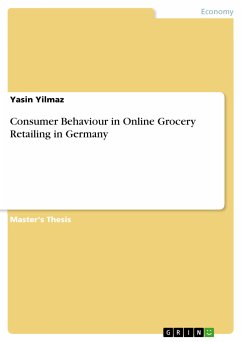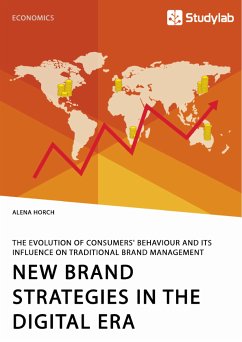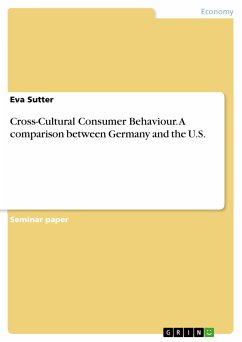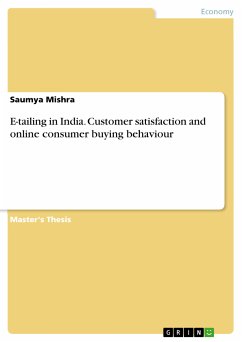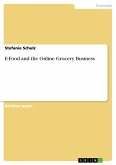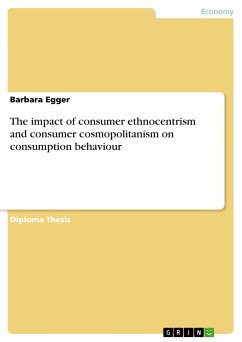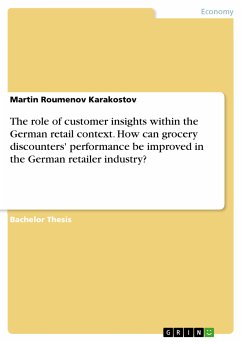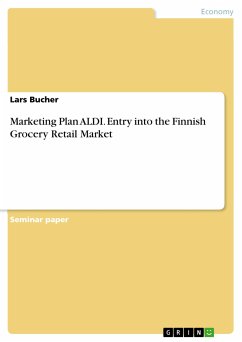Master's Thesis from the year 2020 in the subject Business economics - Offline Marketing and Online Marketing, grade: 1,0, University of Salford, language: English, abstract: Despite widespread popularity in Europe, particularly in the UK and the Netherlands, demand for Online Grocery Retail in Germany, which is economically just as strongly developed, appears to be rather low. This study therefore aims to find out which factors encourage or discourage consumers in Germany to order groceries online. Businesses need to make the online grocery business model transparent and useful from a marketing perspective. The clear advantages of this way of shopping groceries must be communicated. Furthermore, psychological aspects of consumers must be understood and taken into account in the retailers' strategy. Last but not least, importance must be attached to data protection and environmental protection; this message must be conveyed. By providing current insights into consumers' preferences and wishes on their personal grocery shopping behavior, the findings can be used by Businesses and especially Grocery Retailer to shape the grocery shopping of the future. Based on the hypothesis that that there is some degree of resistance to the utilisation of technology which is potentially inhibiting German consumers utilising actively embracing online grocery retail, the Technology Acceptance Model and its extension was chosen as a conceptual framework in order to test this assumption. To test the findings of the Literature Review, 25 semi-structured interviews were conducted in the empirical part of this study. The target group of the interviewees were students aged between 18 - 30, 13 of them female and 12 male. The main findings are that the reasons for the low demand for online grocery retailing in Germany are cultural. German consumers are more likely to trust new trends if they have been on the market and established for a longer period of time. The high density of grocery stores favours the fact that German consumers do not see any real added value in this service and thus no real usefulness. In addition to ease of use and usefulness, demographic aspects must also be taken into account in order to make the online grocery trade successful in Germany. The study focused on a specific age and target group. For practical reasons, the number was limited to 25 interviews. For further research it is recommended to analyze further age and target groups in order to gain further differences in the individual aspects.
Dieser Download kann aus rechtlichen Gründen nur mit Rechnungsadresse in A, B, BG, CY, CZ, D, DK, EW, E, FIN, F, GR, HR, H, IRL, I, LT, L, LR, M, NL, PL, P, R, S, SLO, SK ausgeliefert werden.

